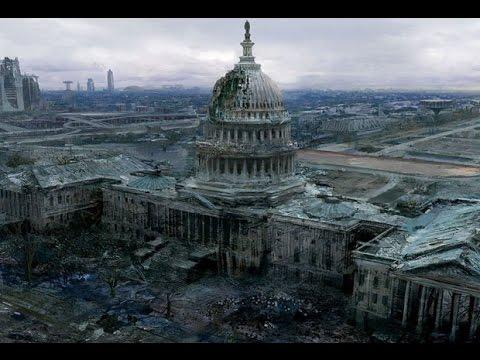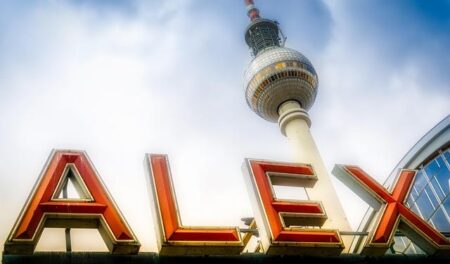France faces a political crisis of unprecedented scale as the government collapses amid a trio of mounting challenges. The simultaneous pressures of economic turmoil, social unrest, and political fragmentation have plunged the nation into uncertainty, raising questions about the stability of President Emmanuel Macron’s administration. This article examines the causes and implications of the government’s collapse, exploring the potential impact on France’s domestic landscape and its role within the broader European context.
France Faces Political Turmoil Amid Government Collapse
The recent collapse of France’s government has thrown the nation into unprecedented uncertainty, compounding issues already plaguing the country. At the heart of this turmoil are rising social tensions, economic stagnation, and a deeply fragmented political landscape. Analysts warn that unless a stable coalition is swiftly formed, these challenges could spiral, risking further destabilization both domestically and across the European Union.
Key factors fueling the crisis include:
- Widespread labor strikes disrupting essential services and infrastructure
- Soaring inflation rates exacerbating public discontent and eroding purchasing power
- Partisan infighting preventing consensus on urgent reforms
| Challenge | Impact | Government Response |
|---|---|---|
| Labor Unrest | Transport blockades, school closures | Delayed negotiations |
| Economic Slowdown | Reduced consumer spending | Fiscal stimulus proposals pending |
| Political Fragmentation | Parliamentary deadlock | Attempts at coalition talks |
Economic Uncertainty and Social Unrest Escalate Across the Nation
France’s economic landscape has taken a severe hit following a cascade of fiscal missteps, plummeting investor confidence, and soaring inflation rates. The immediate fallout has been a sharp contraction in consumer spending and rising unemployment, further intensifying the pressure on social welfare systems. Citizens, already strained by stagnant wages and rising living costs, have responded with mounting frustration, culminating in widespread protests that challenge the government’s ability to maintain order.
The unrest manifests across several fronts:
- Labor strikes shutting down key industries, including transportation and energy.
- Public demonstrations demanding comprehensive economic reforms and accountability.
- Localized clashes between protestors and law enforcement, disrupting daily life in urban centers.
| Economic Indicator | Current Value | Change (YoY) | |||||||||||
|---|---|---|---|---|---|---|---|---|---|---|---|---|---|
| Inflation Rate | 7.8% | +3.1% | |||||||||||
| Unemployment Rate | 10.2% | +1.4% | |||||||||||
| Consumer Confidence Index | Experts Advise Immediate Reforms to Restore Stability and Public Trust
Leading political analysts and economists stress the urgency for comprehensive reforms to halt the spiraling crisis in France. They contend that without decisive action, the nation faces prolonged instability that could erode democratic institutions and economic resilience. Among the key recommendations are:
To highlight the areas requiring attention, experts have outlined a comparative overview of critical sectors vulnerable to further deterioration should reforms be delayed:
The Way ForwardAs France grapples with the fallout from its government’s collapse, the nation now faces a precarious political landscape marked by uncertainty and mounting challenges. With key policy initiatives stalled and public confidence waning, the coming weeks will be critical in determining whether France can navigate this triple crisis and restore stability. Observers both domestically and internationally will be watching closely as the country seeks to chart a path forward amidst growing turbulence. |




